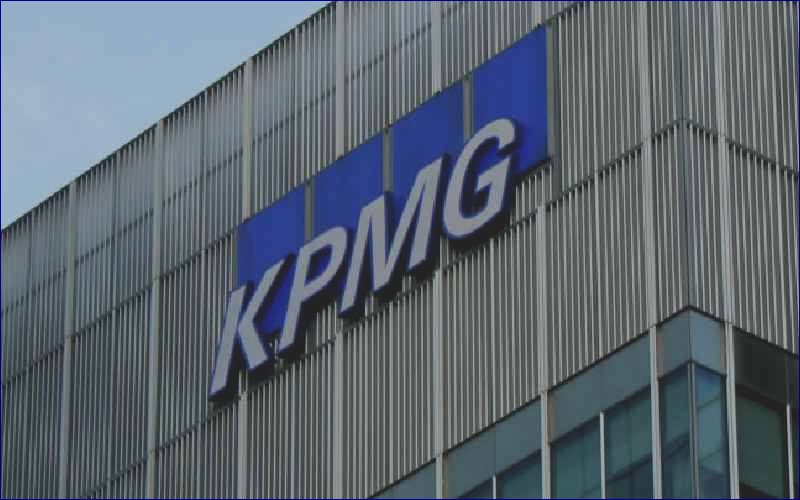In a landscape increasingly marred by economic tumult, the strategy of mergers and acquisitions has lost its luster among businesses aiming for longevity. The latest KPMG 2024 East Africa CEOs Outlook showcases a pivotal shift—corporate leaders are now leveraging organic growth as their primary means of weathering the storm.
Intriguingly, this report unveils a tapestry of contrasting sentiments among executive minds. A resounding 76% of these leaders express unwavering confidence in their industry’s growth prospects, yet a mere 60% share the same optimism for the broader economic environment. This latter figure starkly contrasts with last year’s robust 82%, indicating a significant downturn in collective economic faith.
The survey further illuminates a clear hesitancy among East Africa’s CEOs regarding the global growth narrative, with only 48% expressing confidence in the world’s economic trajectory and a scant 56% believing in the sustainability of their own companies’ growth. A year prior, the outlook was rosier, with 70% of executives showing trust in their enterprises’ expansion.
When viewed against the backdrop of their global contemporaries, East African leaders appear decidedly more cautious. Confidence in the growth of the global economy stands at 72% for their international counterparts, while 76% feel assured about their own organizational growth. The disparities prompt urgent inquiries into the challenges unique to this region.
Common hurdles such as trade barriers, regulatory demands, skill shortages, public health crises, and cyber threats are pinpointed by the survey as ominous clouds on the horizon for corporate vitality over the next three years. Economic uncertainty looms large, identified as a pressing issue for 54% of East African CEOs, a sentiment echoed globally where the figure is slightly lower at 53%.
Despite this cloudy outlook, a resilient spirit emerges among East African CEOs. They are prioritizing pathways to growth that emphasize organic methods and strategic partnerships, alongside commitments to enhancing customer experiences and advancing Environmental, Social, and Governance (ESG) agendas. Notably, the allure of artificial intelligence is also capturing their attention, with significant investments expected in 2024.
However, only a touch over half—48%—report a favorable outlook on the economic landscape for the next three years, buoyed by anticipated investments in infrastructure and diversification endeavors meant to expand beyond traditional sectors.
The survey emphasizes that for these CEOs, the cornerstone of any strategic realignment aimed at growth hinges on organic development and strategic alliances. This dual focus is perceived as an essential mechanism to exploit local market opportunities, while adeptly navigating uncertainties and bolstering long-term sustainability and profitability.
The survey paints a picture of caution surrounding mergers and acquisitions among East African leaders, who are rethinking their trajectories given the broader economic risks—where only 26% foresee growth through such means, a stark reminder of the prevailing conditions.
“Stable market conditions and a pool of suitable acquisition targets that align with corporate ambitions remain vital criteria for any M&A activity,” the report insists. Absent these essentials, the trend lends heavily towards organic growth strategies.
In essence, the KPMG survey highlights the strategic recalibration of East African CEOs as they traverse a complex milieu replete with opportunities and obstacles. Their focus is firmly on embracing innovative technologies, including AI and cloud solutions, to enhance productivity and foster deeper customer engagement—a shift markedly accelerated by the recent pandemic realities.
Integrating ESG principles into their operational blueprints is emerging not just as a trend but as a necessity—elevating their reputations and drawing in investment, as corroborated by the survey’s findings. “Now more than ever, executives feel the weight of pressure to secure long-term success, fueled by a convergence of transformative challenges.”

